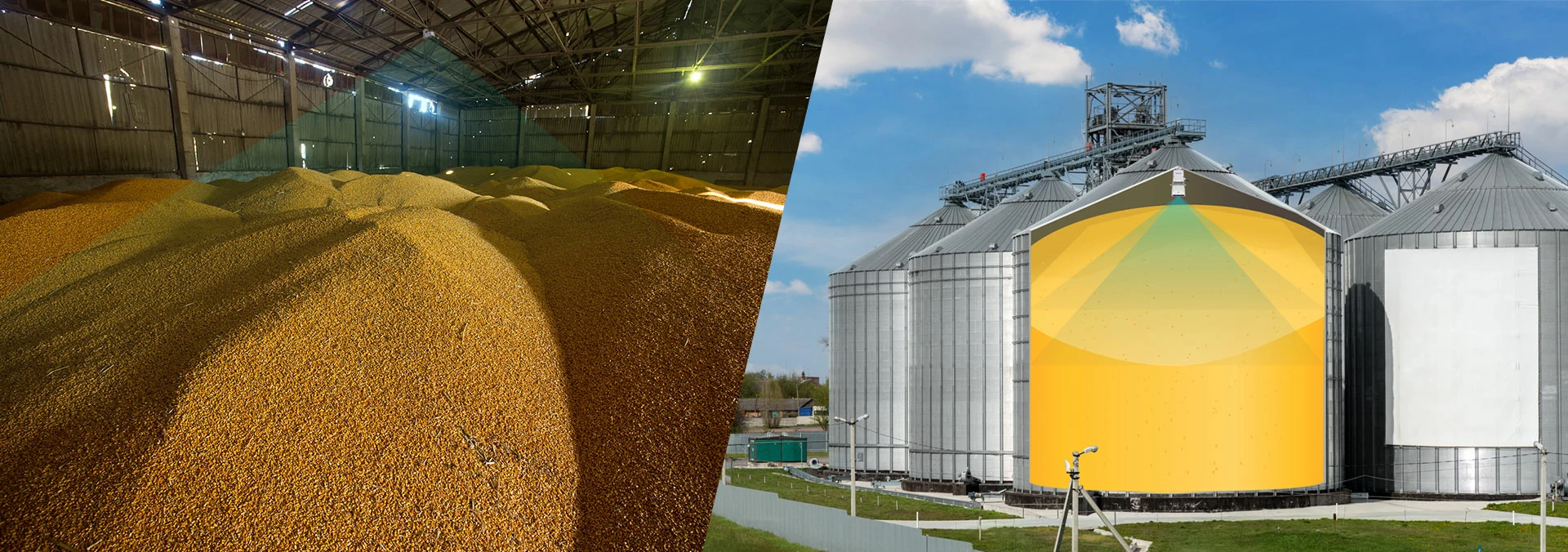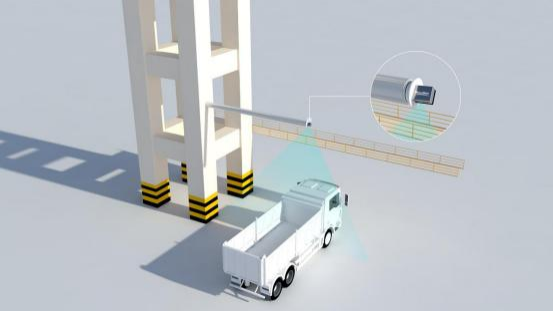
What are How Do You Measure Alcohol By Volume?
Alcohol by volume (ABV) is a standard measure used to determine the alcohol content in a beverage. It is expressed as a percentage and represents the amount of pure alcohol present in a given volume of liquid. To measure ABV, one can use a hydrometer, which is a device that measures the density of a liquid. By taking readings before and after fermentation, the difference in density can be used to calculate the alcohol content. Another method is distillation, where the alcohol is separated from the liquid and its volume compared to the original volume to determine ABV. Ultimately, measuring alcohol by volume is essential for understanding the strength of a drink and ensuring responsible consumption.
Why are How Do You Measure Alcohol By Volume Important?
Measuring alcohol by volume is important for a variety of reasons. Firstly, it allows consumers to make informed decisions about the strength of the alcoholic beverages they are consuming, helping them to moderate their intake and avoid overconsumption. Additionally, accurate measurements of alcohol content are crucial for regulatory purposes, ensuring that products comply with legal requirements and standards. For producers, knowing the alcohol by volume of their products is essential for quality control and consistency in production. Overall, understanding and measuring alcohol by volume is key to promoting responsible drinking practices and maintaining product integrity.
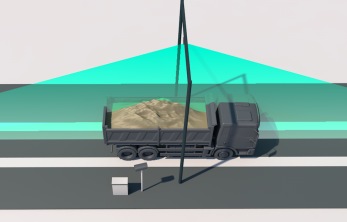
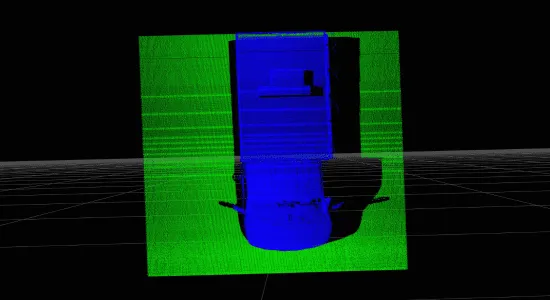
Technologies Used in How Do You Measure Alcohol By Volume
In the process of measuring alcohol by volume, various technologies are utilized to ensure accurate and precise results. One commonly used technology is gas chromatography, which separates and analyzes the different components in a sample to determine the alcohol content. Another important technology is infrared spectroscopy, which measures the absorption of infrared light by the sample to identify and quantify the alcohol present. Additionally, hydrometers and refractometers are often employed to measure the density or refractive index of the liquid, which can then be correlated with the alcohol content. Overall, a combination of these technologies is essential in accurately measuring alcohol by volume in various beverages.
Recent Advancements in How Do You Measure Alcohol By Volume
Recent advancements in measuring alcohol by volume have led to more accurate and efficient methods for determining the alcohol content in beverages. Traditional methods such as distillation and hydrometer readings have been supplemented with newer technologies like infrared spectroscopy and gas chromatography. These advanced techniques allow for quicker analysis of alcohol content with higher precision, making it easier for producers to comply with regulations and ensure product quality. Overall, these advancements have revolutionized the way alcohol by volume is measured, providing a more reliable and streamlined process for the industry.
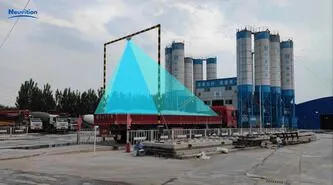
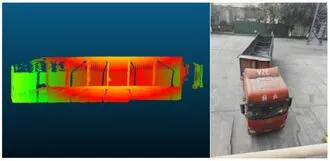
Application Areas of How Do You Measure Alcohol By Volume
The application areas of measuring alcohol by volume are vast and diverse, spanning across industries such as food and beverage, pharmaceuticals, research and development, and regulatory compliance. In the food and beverage industry, accurate measurement of alcohol content is crucial for ensuring product quality and consistency in alcoholic beverages like beer, wine, and spirits. In pharmaceuticals, alcohol by volume measurements are essential for drug formulation and dosage calculations. Research and development laboratories use this measurement to study fermentation processes and develop new products. Regulatory bodies rely on alcohol by volume measurements to enforce laws and regulations related to alcohol content in consumer products. Overall, the ability to measure alcohol by volume accurately plays a critical role in various sectors to maintain product integrity and compliance with standards. Brief answer: The application areas of measuring alcohol by volume include food and beverage production, pharmaceuticals, research and development, and regulatory compliance, where accuracy is essential for quality control, formulation, research, and legal compliance.
Neuvition Volume Measurement Solution
Neuvition offers a comprehensive volume measurement solution designed to meet the needs of various industries, including truck, warehouse, and outdoor pile measurement. Our solutions leverage advanced technologies to provide accurate, reliable, and cost-effective volume measurement data, enabling businesses to optimize their operations and make data-driven decisions.
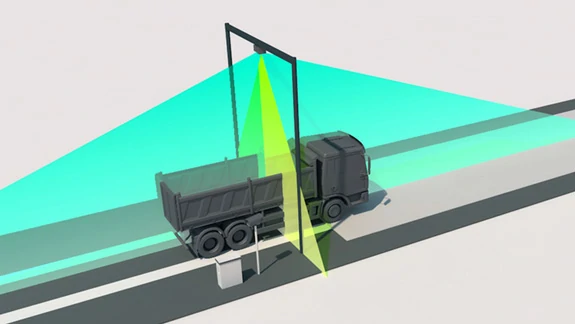
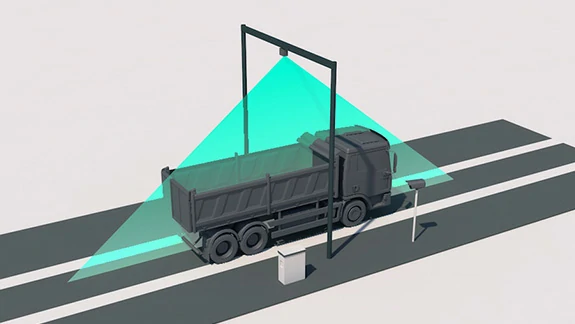
Neuvition Single Line LiDAR Solutions
Neuvition's Single Line LiDAR solutions, including the Titan M1 SL, Titan P1, and Titan W1 with PTZ, are designed to provide accurate and efficient volume measurement in various applications. These solutions combine high-resolution laser scanning with advanced software to deliver precise data and user-friendly interfaces, making volume measurement more accessible and effective than ever before.
FAQ






Contact Us
If you have any questions or suggestions, please leave a message, we will get in touch with you within 24 hours!
